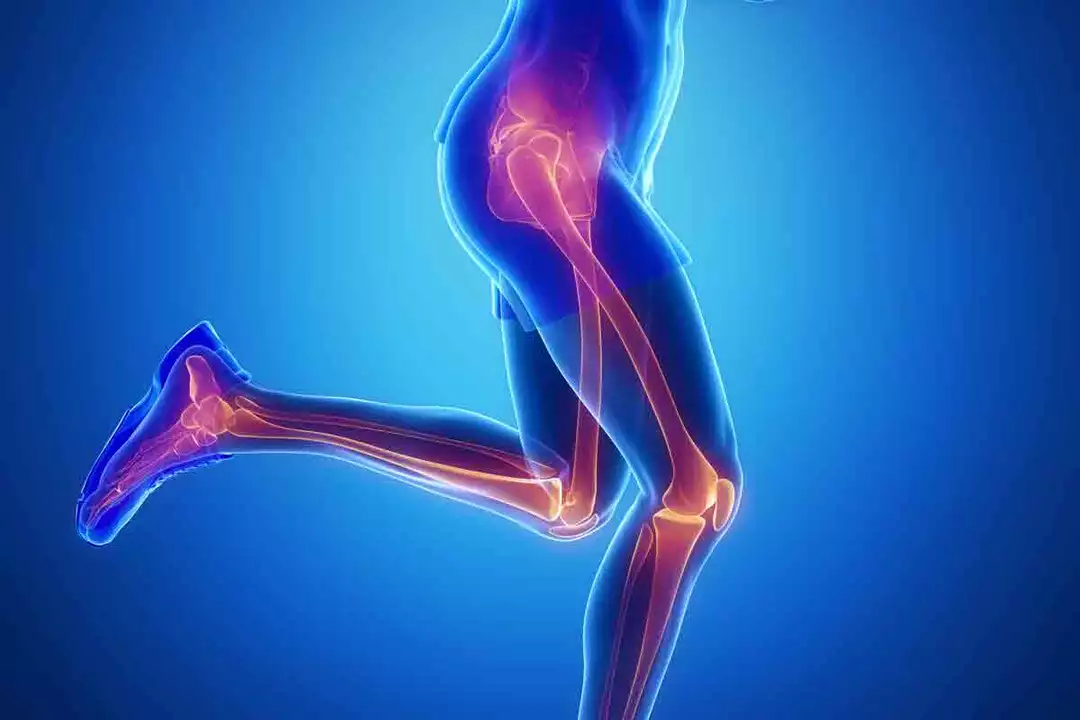Osteoporosis: What You Need to Know to Protect Your Bones
Osteoporosis is a condition where bones become weak and brittle, making them more likely to break. Many people don’t realize their bones are losing strength until they suffer a fracture from a minor fall or simple everyday activity. That’s why it’s so important to understand how osteoporosis works and what you can do to protect your bones.
So, who’s at risk? Women, especially after menopause, are more likely to develop osteoporosis due to drops in estrogen levels. Older adults, people with a family history of the disease, or those who have had fractures before are also at higher risk. Lifestyle factors like smoking, low calcium intake, and lack of physical activity can speed up bone loss.
Simple Steps to Keep Your Bones Strong
Want a straightforward way to lower your risk? Start with your diet and exercise. Eating plenty of calcium-rich foods like dairy, leafy greens, and fortified products helps your body maintain bone density. Adding vitamin D through sunlight exposure or supplements aids calcium absorption. Weight-bearing exercises, like walking or light strength training, stimulate bone growth and improve balance to avoid falls.
It’s easy to overlook, but quitting smoking and limiting alcohol can also make a big difference. Both habits contribute to weaker bones and interfere with your body’s ability to build new bone tissue. Staying active and avoiding risky moves that might cause falls are smart habits to pick up too.
Treatment Options When You Need More Help
If you’ve been diagnosed with osteoporosis, your doctor might suggest medications that slow bone loss and reduce fracture risk. These can include bisphosphonates, hormone therapies, or newer treatments designed to strengthen bone directly. Along with medical treatment, continuing calcium and vitamin D intake plus regular exercise support your recovery and overall bone health.
Regular bone density tests help monitor your progress and let you know if your current plan is working. Remember, managing osteoporosis isn’t about quick fixes. It’s about consistent habits every day that keep your bones as strong as possible.
By understanding osteoporosis and taking practical steps, you can reduce your chances of fractures and keep living an active, healthy life. Got questions about your bone health? Don’t hesitate to talk to your healthcare provider for personalized advice that fits your lifestyle.
Canagliflozin and Bone Health: The Connection Between Diabetes and Osteoporosis
- Elliot Grove
- on Apr 27 2023
- 10 Comments
In my latest blog post, I explored the connection between Canagliflozin, a common medication for type 2 diabetes, and bone health, specifically focusing on the risk of osteoporosis. I discovered that Canagliflozin can potentially cause reduced bone mineral density and an increased risk of fractures in some patients. This is particularly concerning since individuals with diabetes already have a higher risk of developing osteoporosis. I also discussed the importance of maintaining a healthy lifestyle, including regular exercise and a balanced diet, to promote bone health and reduce the risk of fractures. Overall, it's crucial for those with diabetes to be aware of the potential impact of their medications on their bone health and to take necessary precautions to protect their bones.

